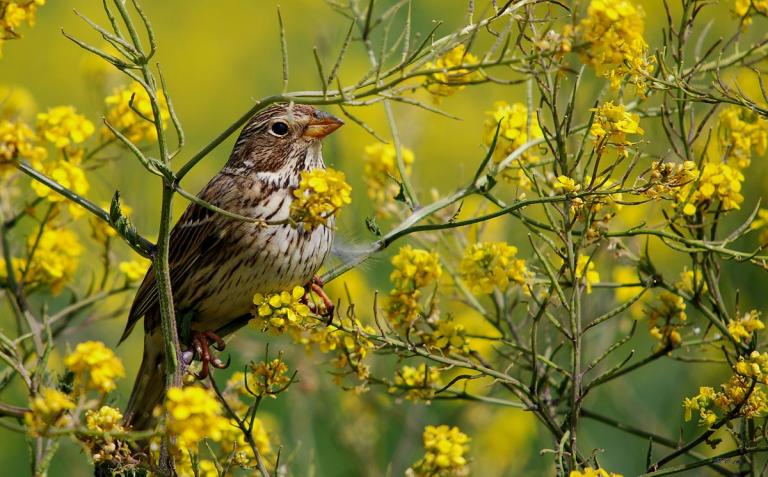
It doesn’t take something of great size or magnitude in the arena of spirituality or neurology to mess with our entire system. Maybe it is a damaging statement or experience in a longstanding relationship or damaging of a small bodily part. A memory trigger or a loss of memory, a problem with regulating emotion. What will it take for healing to occur?
My son Christopher’s hypothalamus was no doubt severely damaged by his traumatic brain injury. After all, functions controlled by the hypothalamus are not functioning properly, such as the autonomic nervous system. You would think this little structure in the brain the size of an almond is not so important, but it really is. According to one article, the hypothalamus is the
“region of the brain lying below the thalamus and making up the floor of the third cerebral ventricle. The hypothalamus is an integral part of the brain. It is a small cone-shaped structure that projects downward from the brain, ending in the pituitary (infundibular) stalk, a tubular connection to the pituitary gland. The hypothalamus contains a control centre for many functions of the autonomic nervous system, and it has effects on the endocrine system because of its complex interaction with the pituitary gland.”
It is also worth noting that according to the same article “The hypothalamus, like the rest of the brain, consists of interconnecting neurons that are nourished by a rich supply of blood.”
Another treatment of the hypothalamus asserts: “While it’s very small, the hypothalamus plays a crucial role in many important functions, including:
-
releasing hormones
-
regulating body temperature
-
maintaining daily physiological cycles…
-
regulating emotional responses.”
Moving from the field of neurology to botany, the mustard seed is also seemingly unimportant because of its size. But when the mustard seed grows, it becomes a very large garden plant the size of a tree where the branches serve as perches for birds. In his botanical parallel to the kingdom of heaven, Jesus tells his disciples this parable:
“The kingdom of heaven is like a mustard seed, which a man took and planted in his field. Though it is the smallest of all seeds, yet when it grows, it is the largest of garden plants and becomes a tree, so that the birds come and perch in its branches.” (Matthew 13:31-32; NIV)
Jesus refers again to the mustard seed in the Gospel of Matthew. Jesus has just come down from the mountaintop experience of the transfiguration. In coming down from the mountain, he witnesses his disciples’ lack of faith. They cannot cast a demon from a boy, so Jesus does:
Then the disciples came to Jesus in private and asked, “Why couldn’t we drive it out?” He replied, “Because you have so little faith. Truly I tell you, if you have faith as small as a mustard seed, you can say to this mountain, ‘Move from here to there,’ and it will move. Nothing will be impossible for you.” (Matthew 17:19-21; NIV)
Later, following Palm Sunday during Holy Week, Jesus curses a fig tree and it withers immediately, to his disciples’ astonishment. Jesus again makes a connection between faith and moving mountains:
“Truly I tell you, if you have faith and do not doubt, not only can you do what was done to the fig tree, but also you can say to this mountain, ‘Go, throw yourself into the sea,’ and it will be done. If you believe, you will receive whatever you ask for in prayer.” (Matthew 21:21-22; NIV)
My faith can scale the heights on Transfiguration Sunday or on Palm Sunday when everyone is cheering. My faith can then avalanche down to the depths when the tide of emotion changes and premature prognoses set in. Maybe you are like Jesus’ disciples and me?
Premature prognoses show up in so many contexts. In medicine, so many observers make premature assessments of what will happen in an individual patient’s case based on statistics. But as Dr. Robert Potter (M.D., Ph.D.), an internal medicine, palliative care and medical ethics specialist who served at Oregon Health and Science University argues, each patient is the exception to the rule and statistics do not dictate what will happen in each individual case. In many cases, six months to a year provides sufficient time to discern the prognosis for a given patient (For more on this subject, refer here and here to prior posts). In other areas of life, we are also tempted to make predictions way in advance. But as Pastor Tom Schiave once shared with me about prospects for people’s growth personally and relationally, “It’s never over at halftime.” Even so, while I know these things to be true, still those who are quick to make premature prognoses in all kinds of ways easily distract me so that I take my eyes off long-term, strategic thinking and careful analysis involving hope in the area of medicine, as well as in relationships with God and fellow humans. So, like the disciples of old, I cry out to the Lord: “Increase our faith!” (Luke 17:5; NIV).
In the case of my son, I pray for faith the size of a mustard seed or hypothalamus. I pray for the healing of damaged neurons in the hypothalamus and for new connections to be made between neurons involving neuroplasticity where old pathways are gone (Refer here for a discussion of neuroplasticity). I also pray that God would heal your and my damaged emotions and memories and create new spiritual and relational pathways where old connections with God and others have ceased. Will you please join me in this prayer?












